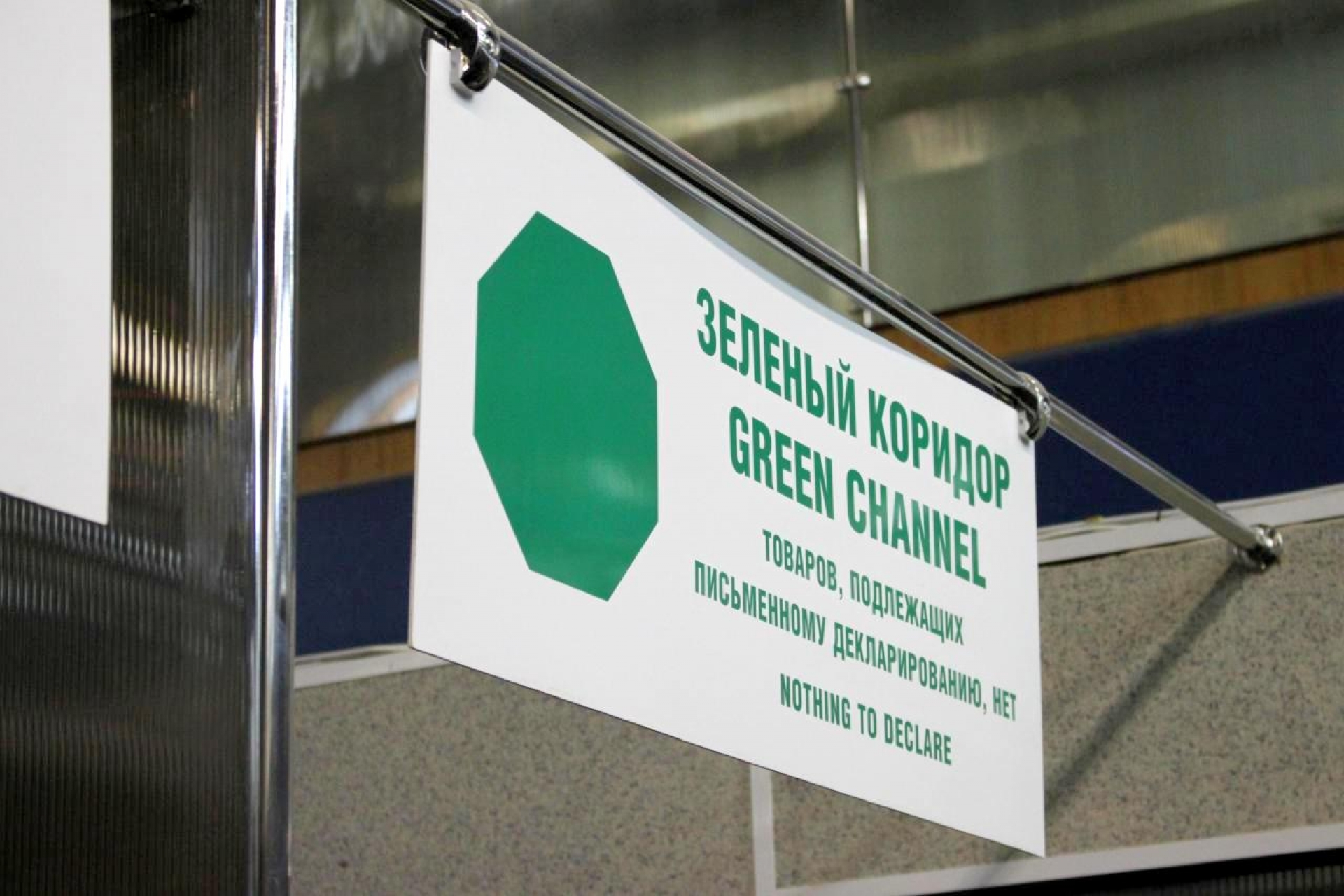
The creation of a pilot project of the "green corridor" between Russia and the European Union was discussed at a meeting of the expert subgroup on risk analysis and management and the functioning of Authorized Economic Operator (AEO), which was held at the end of March in St. Petersburg.

When transporting goods, various unforeseen situations are possible, which can lead to partial or complete loss or damage to the cargo. Any transport company should protect itself from such cases, in connection with which, it insures liability or cargo. The owner of the transported cargo can also prevent its financial losses, insuring the goods at its full cost.

Swedish startup Einride introduced the concept of an unmanned electric truck T-Pod, which does not have a driver's cab, but has a remote control function.

Tobacco, alcohol, soy and sweets came to replace the "Bush's legs." The US, whose products were under sanctions, did not want to completely lose the Russian market, and switched to delivering other products, not always useful.

When exercising customs control, the customs authority is often guided by the principle of selectivity, confining itself only to the fulfillment of those forms of control that are necessary to comply with customs legislation. At the same time, a risk management system is widely used, the purpose of which is to minimize the commission of illegal actions by the participants in foreign economic activity, which can cause substantial damage to the state's trade interests.
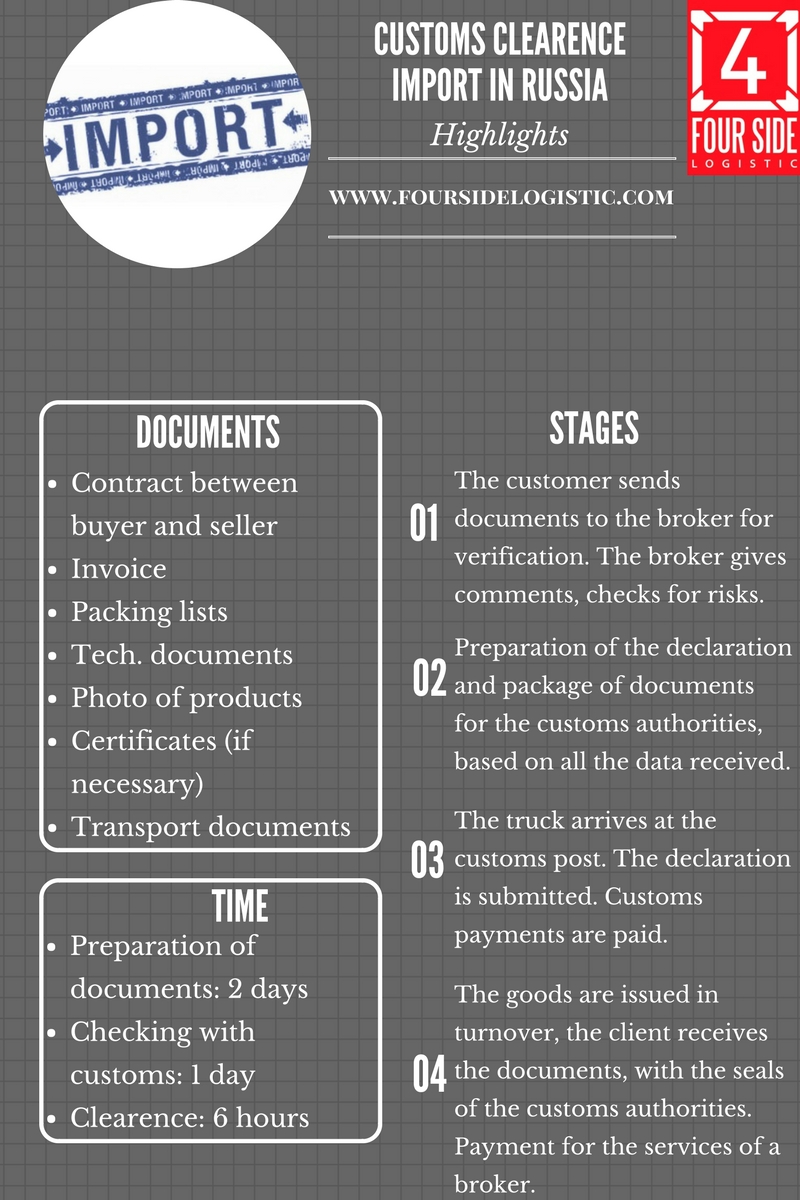
The main stages of import customs clearance in Russia.
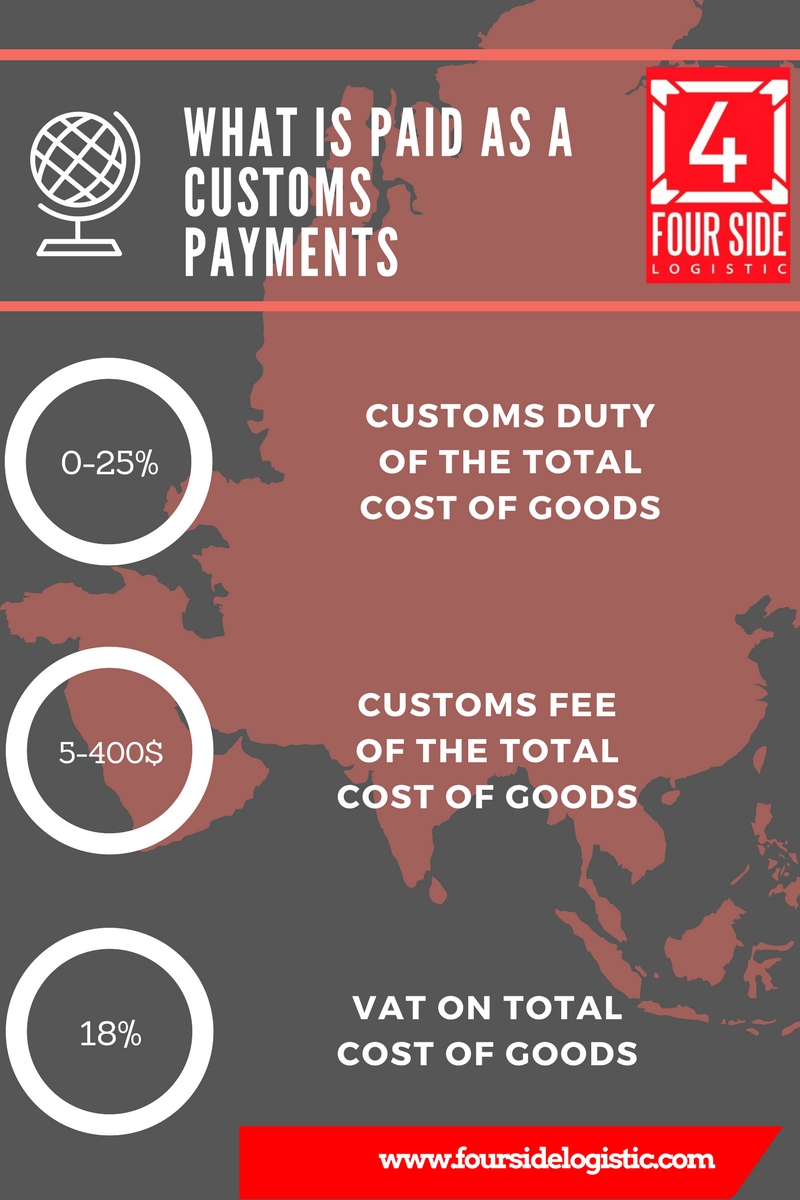
Very many customers are confused and understand under customs payments a variety of additional costs.In fact, everything is very simple.
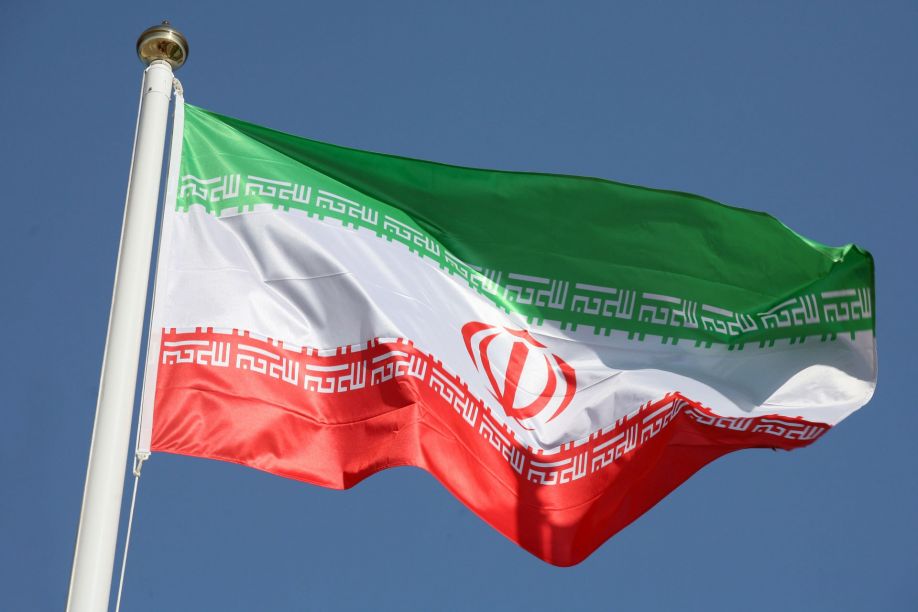
Representatives of the customs authorities of Russia and Iran signed a number of documents on cooperation, including a protocol on the "green corridor." More details about the results of the meeting, which was held in Tehran, were told in the press service of the FCS.
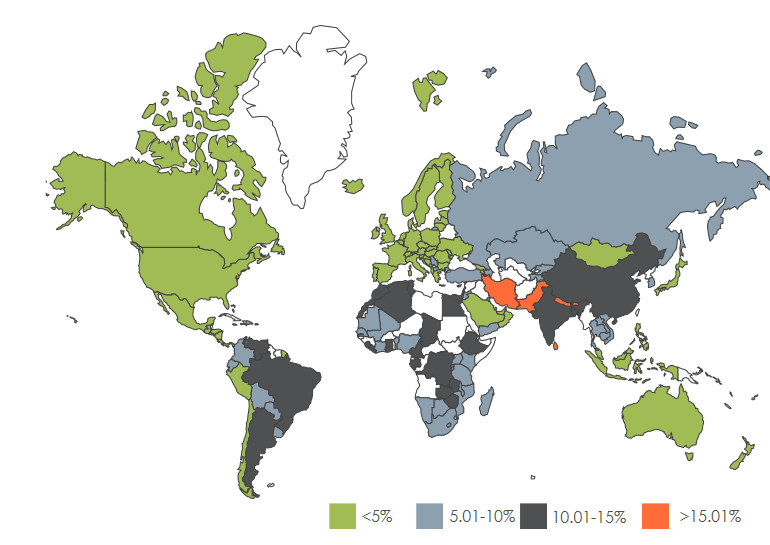
Today, states are trying to be more open to foreign trade. Regional alliances are formed where customs barriers are kept to a minimum, and the World Trade Organization, which consists of 164 countries, obliges the authorities to lower the rates of customs duties. Today, many states are moving away from the fact that customs duties were for them the main source of budget replenishment, since this significantly hinders the development of trade relations.
